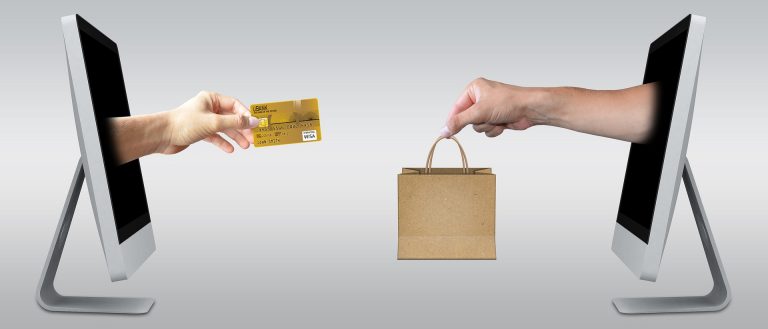

A business payday loan is often used to describe a form of alternative business financing that provides quick access to capital for small business owners. While a consumer payday loan provides short-term funding based on the borrower’s salary and personal income, a business payday loan works differently.
A business payday loan is a nontraditional form of financing that functions similarly

Collateral refers to assets that a business owner pledges to secure a loan. Essentially, collateral acts as a safety net for the lender, ensuring they can recover their investment if the borrower defaults.
In the case of a secured business loan, the lender has the legal right to seize the pledged assets to recover the outstanding loan balance. Collateral

Buying an existing laundromat can be less costly and time-consuming than starting a new one from scratch. The purchase price can range from $18,000 to $3 million, depending on the location, size, and profitability of the business. While purchasing a laundromat requires a significant investment, it often saves you the time and expense associated with building a new facility.
Acquiring

Inventory financing is a specialized type of small business loan that helps business owners purchase essential inventory for their operations. It’s a form of asset-based lending (ABL) in which the inventory acts as collateral, reducing the risk for lenders. Inventory financing can also refer to using current inventory as collateral for business funding for other operations, such as working capital

Commercial loan interest rates fluctuate due to various factors, including economic conditions and shifts in the federal funds rate. Over the past several months, the commercial mortgage market has experienced some volatility as the Federal Reserve has adjusted the interest rate to control inflation.
As of January 10, 2025, the average interest rate for a 5-year commercial mortgage loan is

A landscaping business is a type of gardening business. The term “landscaping” is not technically used in a scientific sense but instead refers to the physical adornments placed around structures and buildings, including gardens, pathways, trees, and more.
The lawn care business requires skill and an eye for beautiful designs but can also need landscaping business loans from a bank

Modern-day gas stations are full-service convenience stores that offer food and beverage, as well as fuel. Since these businesses often have many different types of equipment, gas station equipment financing is a big industry.
When it comes to maximizing your convenience store profitability and staying in compliance with gas station rules and regulations, for most business owners, the most effective

Having enough operating capital on hand for online stores is crucial to a company’s ability to cover current expenses, just like a brick-and-mortar store.
Whether you’ve been impacted by seasonality or need a boost to spend on payroll, inventory, and marketing, there are working capital solutions to help you stay afloat or grow your business.
With several available traditional loan

Gas station businesses are generally a common sight, but operating one is tough. The fuel market is competitive. A standard gas station must maintain a certain level of pumps, convenience store selection, and updated appearance to stay afloat and attract customers.
With the covid-19 pandemic no longer keeping Americans from traveling regularly, the energy sector is back and booming again.

The main difference between gross revenue and net revenue is that gross revenue accounts for all revenues that come into a business, and net revenue accounts for those same sales, minus any expenses like the cost of goods sold (COGS) that contribute to the production and sale of the product or service.
Fraud Disclosure:
Please be aware that individuals have been fraudulently misrepresenting to business owners (and others) that United Capital Source, Inc. (“UCS”) can assist small businesses in receiving government grants and other forgivable business loans, when in fact those grants or loans do not exist or are not available. These individuals have ulterior motives and are engaging in the unauthorized use of the names, trademarks, domain names, and logos of UCS in an attempt to commit fraud upon unsuspecting small business owners.
UCS will never communicate with a prospective client on Facebook, Facebook Messenger, or any other type of social media. Further, any email communications will always come from an official UCS email address and not a Gmail, Yahoo, or other email domain. If you believe you have been contacted by someone posing as an employee of UCS, please email [email protected].